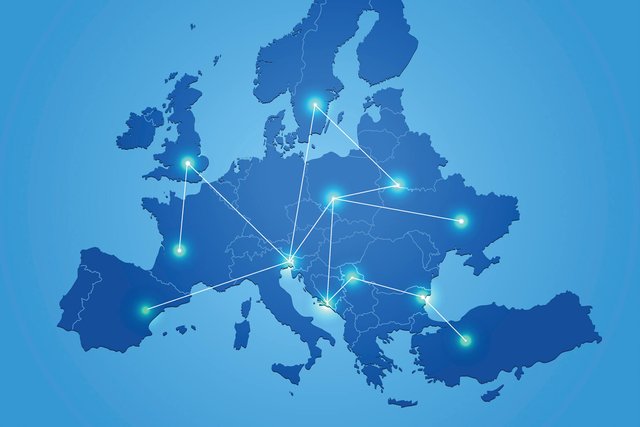GDPR by Debbie Klein
The introduction of the new General Data Protection Regulation (GDPR) in May looms large on the horizon, presenting businesses with the biggest adjustment in data protection laws since the Data Protection Act 1998. While GDPR is not exactly a trend, it’s likely to be weighing on the mind of every marketer and should be top of their agenda in 2018.
GDPR is a new set of standards designed to give individuals greater control over their personal data – a timely intervention amid a growing number of data hacks this year, from Uber to Wonga. All companies possessing customer data will be required to meet strict regulations, or face hefty fines of up to €20m or 4% of annual global income.

Today’s connected consumers leave a trail of data everywhere they go, and GDPR is a potential minefield which must be navigated with utmost caution by advertisers and marketers who rely heavily on customer data and insight to build relationships, deliver campaigns and drive sales.

The most effective campaigns today are driven by data – in fact Mastercard has described it as “the new oil” – but brands will need to get to grips with GDPR as soon as possible in order to comply with the law and ensure they are handling data with appropriate care, while using it responsibly to deliver more personalised experiences for customers.
